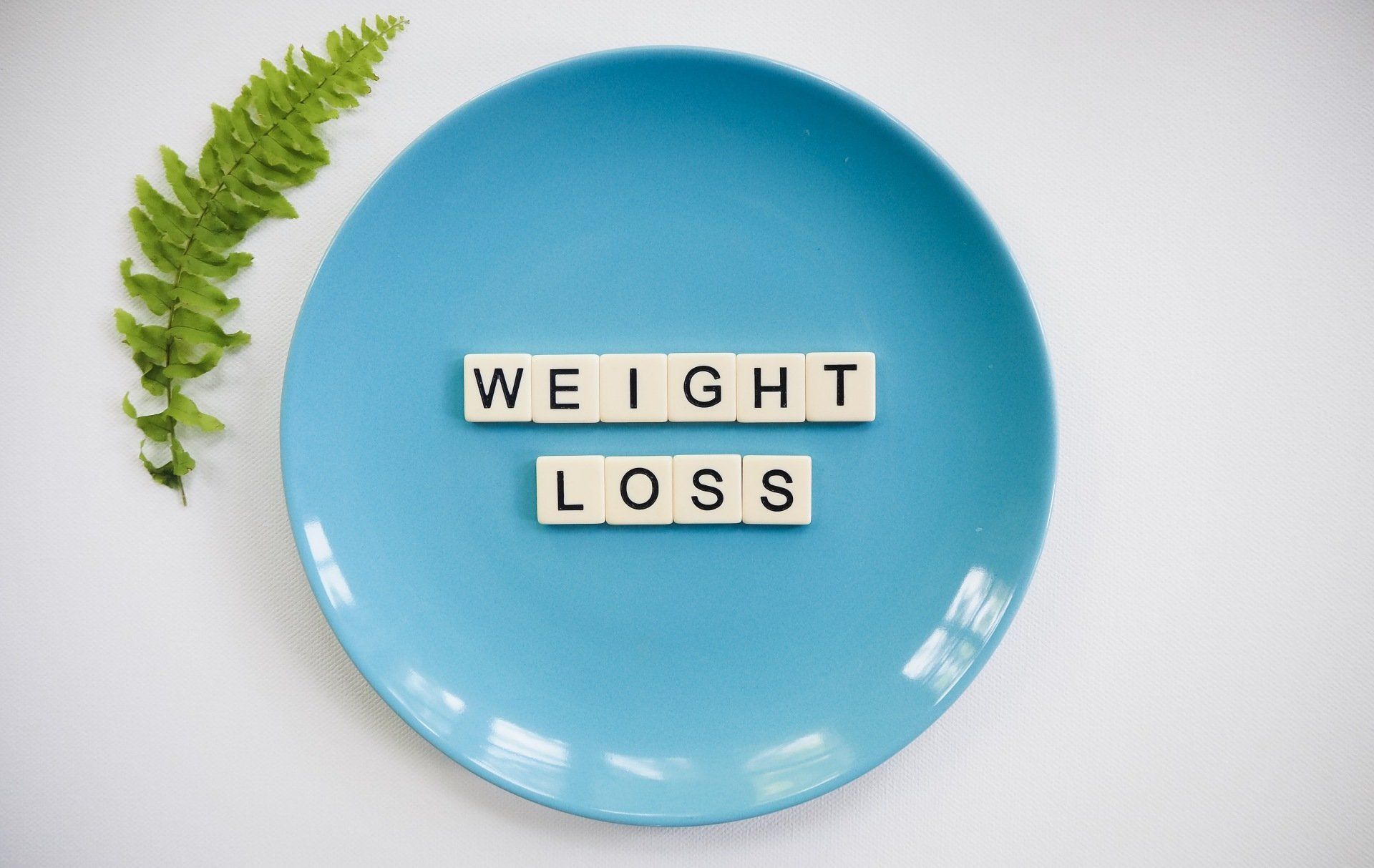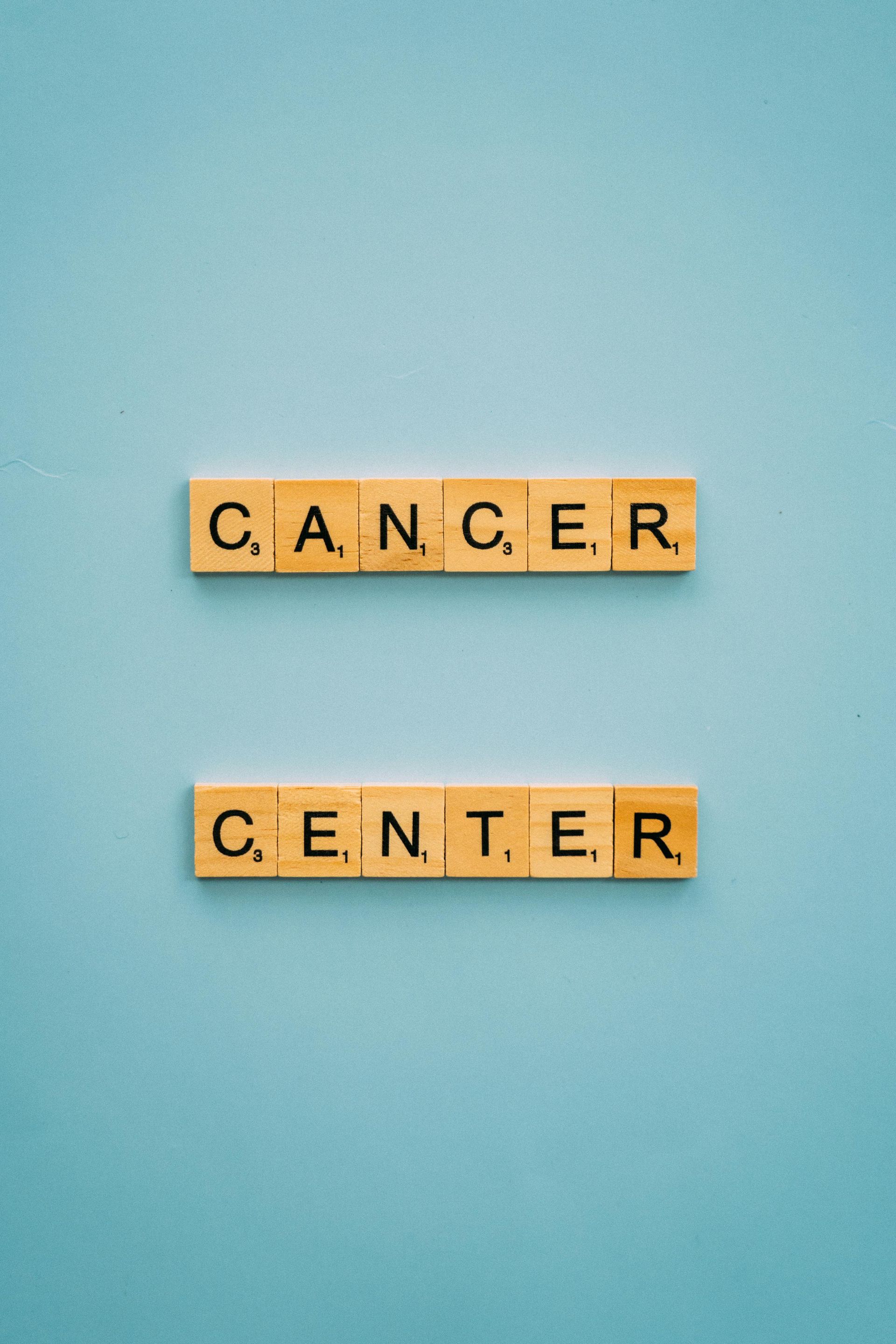Will a ketogenic diet work for MY cancer?
Dear Dr. Tan,
Will the ketogenic diet work for my type of cancer?”
The single most common question posed to me by my readers is “ Will the ketogenic diet work for my type of cancer?
How effective is it for my cancer?
Strange as it may sound, what is as obvious as an elephant in the room, is not obvious to many.
PET scans and how they can diagnose cancer
As oncologists, we commonly send our newly diagnosed cancer patients to the nuclear medicine department in order to undergo a pre-treatment, baseline POSITRON EMISSION TOMOGRAPHY (PET) scan. Patients will fast the night before, and in the morning, they will receive a dose of radioactive Flurodeoxy glucose (FDG)- G is for the tagged radioactive glucose - prior to taking their images. If the tumor is metabolically active, it will absorb the radioactive glucose in order to be visible on the final scan. Normal non-cancer bearing organs will not absorb this stuff. Tumors however will be hungry for this, and will immediately gobble up the glucose.
The more glucose the tumor absorbs, the brighter it will appear on the scan. This is true, regardless of the organ involved. Brain, stomach, colon, bone cancers. If it is a cancer, they all have the capability of absorbing glucose and showing up “bright” on a PET/CT scan. The more aggressive the tumor, the more glucose is absorbed. Some cancers however, grow and divide so slowly, that they hardly " light up" on the PET scans. As expected, these patients tend to live much longer than those with highly PET positive tumors.
Should cancer patients abstain from glucose?
Now, knowing this, isn’t it logical to think that we should also advise our PET-positive patients to abstain from glucose? Ironically we don’t. And why not?
Despite the obvious, in order to make such a statement, one must be able to cite well designed, preferably, randomized clinical trials, achieve statistical significance, and arrive at a respectable (well accepted by all) conclusion. As of today, there are still no substantial human efficacy trials of the ketogenic diet in cancer. Luckily, there is an abundance of studies in lab animals and in the lab.
Will it eradicate cancer completely? Based on our recently concluded trial, the diet alone probably won't. But it may help slow down the progress of cancer, and possibly help chemotherapy work better.
Is the ketogenic diet safe for cancer patients?
We do have a smattering of published “safety trials”. If we cite the existing safety trials, we can probably say the diet is safe to use in cancer patients.
Is the ketogenic diet safe for elderly patients ?
Our study enrolled at least two patients in their eighties, several in their seventies and sixties. They did fine.
What do all cancers have in common?
If we go back to the central tenet of this theory, we will see that most cancers have something in common.
Metabolic hyperactivity.
The cell machinery (IN THIS CASE, THE PROCESS OF GLYCOLYSIS) that processes glucose is in overdrive.
Glycolysis (breaking up /lysis of glucose) is the process by which the cell takes a 6 carbon molecule called glucose, which recently entered the cell , and breaks it down into two 3-carbon containing molecules called pyruvate, eventually losing another carbon atom which turns it into acetyl CoA which then enters the higher energy producing process called the Krebs cycle, and electron transport chain within the inner mitochondrial membranes in order to produce even more energy.
That is what normally happens in cells. Cancer cells are stuck in this first step, which is glycolysis. The steps that follow, entering into the mitochondria, Krebs cycle and electron transport chain also known as OXPHOS or oxidative phosphorylation, do not easily occur in cancer. The first step (glycolysis) became very inefficient in making energy so it compensates by working double time. Instead of acetylcoA, the pyruvate goes on to become lactic acid, and glycolysis becomes the main energy producing process from which cancer cells get their energy source.
Did you catch any of that? Don't worry if you didn't. My point is, cancer cells have a defect inside their innermost part which allows them to survive longer than regular cells. And too much glucose helps this happen.
Why does this promote cancer? There is more than one explanation. Aside from the mere overabundance of glucose, there is also malfunctioning of the normal anti cell death processes (antiapoptosis- cancer cells refuse to die), plus stimulatory effects on tumor signaling pathways, to name just a few. In other words, cancer cells become IMMORTAL. They do not know how to die. DNA repair mechanisms also malfunction. Tumor suppressor genes become deactivated and tumor promoting genes become active. Too much lactic acid also lowers the cancer cells ability to "stick together", so we see more tumors breaking off from the parent tumor and metastasizing to other organs. A ketogenic diet may be able to combat some of these effects.
What about weight loss ?
Visualize a fish tank. There is a large fish and a baby fish. You feed them a fixed amount of food each day, but the larger fish gobbles the food faster, leaving almost nothing for the smaller fish. Days pass, and this repeats daily. The larger fish gets larger, while the smaller fish remains the same in size. This is true of cancers. Cancers can consume glucose at least twice as fast, while the normal tissue lags behind. The more carbohydrates you feed a cancer patient, the thinner and weaker they get. The tumor gets stronger, while the rest of the body gets weaker and smaller. This is what you see during the terminal phases of cancer. This also happens during the early phases of cancer but is less obvious, until later on, when the tumor has grown and has dominated the body, culminating in the spiralling weight loss and plummeting energy of the terminal patient.
Withholding sugar and carbohydrates will put a brake on this process. The body will sense the absence of glucose and compensate for the loss of the energy by producing ketones , another energy source that can sustain the body, yet it will not be of benefit to tumors. Once the tumors weaken from lack of glucose, the ketogenic diet will contiue to nourish normal cells, and the once rapid weight loss may be replaced by weight gain.
Can the ketogenic diet alone eradicate cancer?
Will the ketogenic diet alone eradicate cancer? That is a very tall order. In our last safety trial, we did NOT see that happen. The trial, which did not allow chemotherapy, had a few shortcomings. It involved a very small number of advanced stage cancer patients (17). The majority of the ketotic responders in that trial only had a partial response, while most were stable, showing no growth or shrinkage of their tumors. The trial only lasted 16 weeks, but we did follow patients until their demise. three patients lived past a year, two past 2 years, one nearly three, and one is still alive, almost 5 years now since the trial ended. The one patient who did get rid of all his cancer, had surgery to remove the last few traces , and also strictly followed the diet for two more years. He is no longer on a ketogenic diet but is still following a low carbohydrate lifestyle, while maintaining his weight.
Combination of chemotherapy or radiation, plus the ketogenic diet, may be a more effective strategy. This is currently the subject of many ketogenic diet trials now ongoing.






